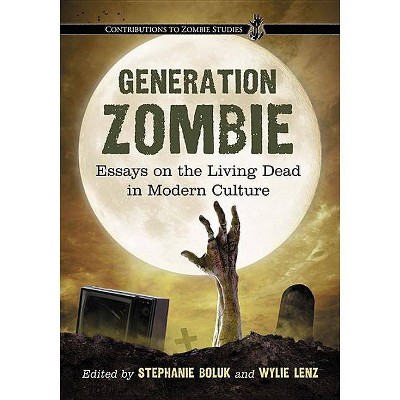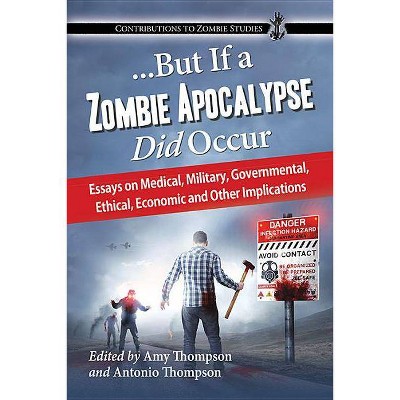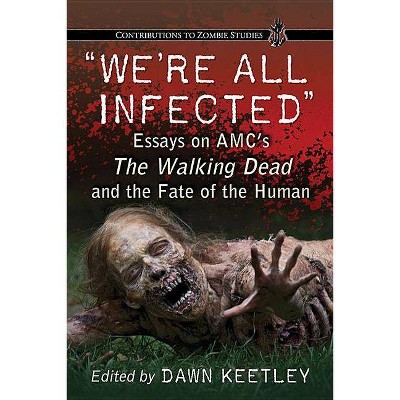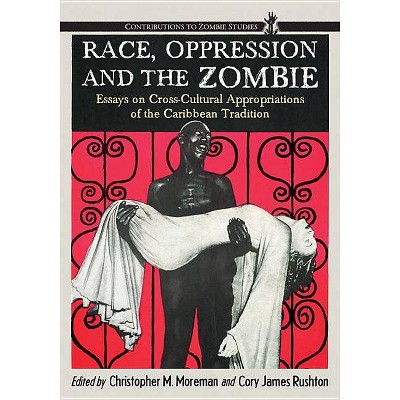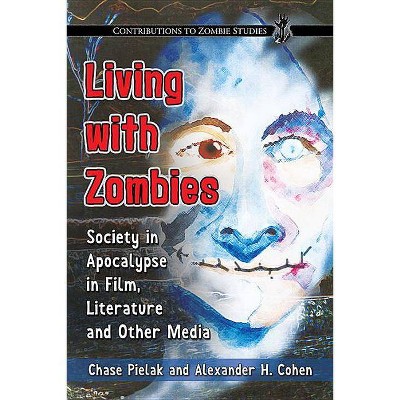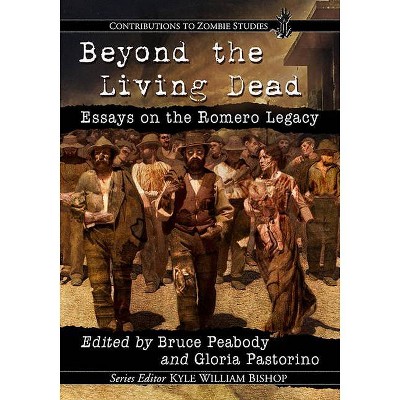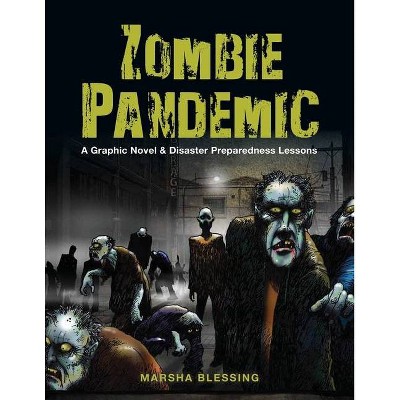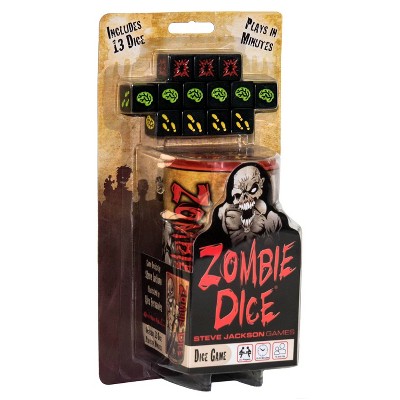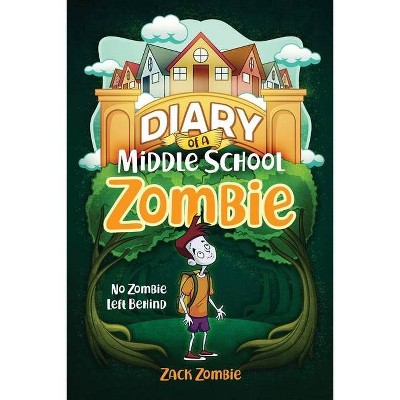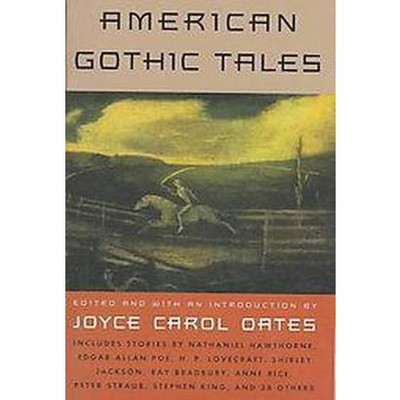American Zombie Gothic - (Contributions to Zombie Studies) by Kyle William Bishop (Paperback)
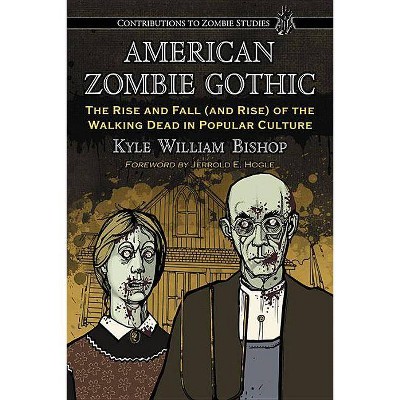
Similar Products
Products of same category from the store
AllProduct info
<p/><br></br><p><b> About the Book </b></p></br></br>Zombie stories are peculiarly American, as the creature was born in the New World and functions as a reminder of the atrocities of colonialism and slavery. The voodoo-based zombie films of the 1930s and '40s reveal deep-seated racist attitudes and imperialist paranoia, but the contagious, cannibalistic zombie horde invasion narrative established by George A. Romero has even greater singularity.<BR> This book provides a cultural and critical analysis of the cinematic zombie tradition, starting with its origins in Haitian folklore and tracking the development of the subgenre into the twenty-first century. Closely examining such influential works as Victor Halperin's White Zombie, Jacques Tourneur's I Walked with a Zombie, Lucio Fulci's Zombi 2, Dan O'Bannon's The Return of the Living Dead, Danny Boyle's 28 Days Later, and, of course, Romero's entire "Dead" series, it establishes the place of zombies in the Gothic tradition.<BR> Instructors considering this book for use in a course may request an examination copy here.<p/><br></br><p><b> Book Synopsis </b></p></br></br>Zombie stories are peculiarly American, as the creature was born in the New World and functions as a reminder of the atrocities of colonialism and slavery. The voodoo-based zombie films of the 1930s and '40s reveal deep-seated racist attitudes and imperialist paranoia, but the contagious, cannibalistic zombie horde invasion narrative established by George A. Romero has even greater singularity. This book provides a cultural and critical analysis of the cinematic zombie tradition, starting with its origins in Haitian folklore and tracking the development of the subgenre into the twenty-first century. Closely examining such influential works as Victor Halperin's <i>White Zombie, </i> Jacques Tourneur's <i>I Walked with a Zombie, </i> Lucio Fulci's <i>Zombi 2, </i> Dan O'Bannon's <i>The Return of the Living Dead, </i> Danny Boyle's <i>28 Days Later</i>, and, of course, Romero's entire Dead series, it establishes the place of zombies in the Gothic tradition. Instructors considering this book for use in a course may request an examination copy here.<p/><br></br><p><b> Review Quotes </b></p></br></br><br>"in this seminal study, Bishop navigates well the oil and water-like mix of serious analysis and zombie cinema. It isn't often that one comes across Marxian dialectics and graphic descriptions of cannibalism in the same paragraph, but Bishop's understated style makes it work"--<i>Library Journal</i>; "fascinating"--<i>Raising the Undead</i>; "a very complete analysis of the evolution of the zombie in American cinema"--<i>Journal of the Fantastic in the Arts</i>.<br><p/><br></br><p><b> About the Author </b></p></br></br><b>Kyle William Bishop</b> is an associate professor of English and film studies and serves as the Honors Program Director at Southern Utah University in Cedar City, Utah. He has presented and published on a number of zombie-related texts and has authored two other monographs with McFarland.
Price History
Price Archive shows prices from various stores, lets you see history and find the cheapest. There is no actual sale on the website. For all support, inquiry and suggestion messagescommunication@pricearchive.us
